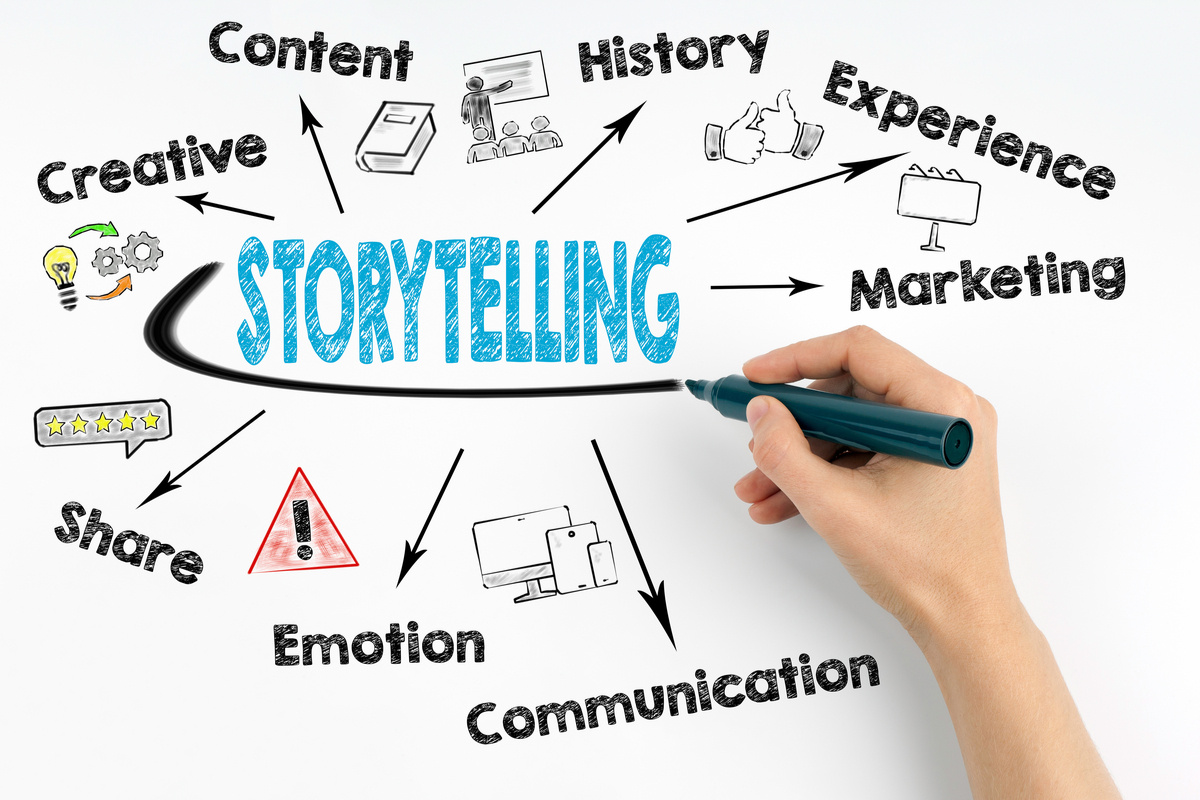
FAQ About Storytelling
Storytelling
2 years ago | gizem
How does storytelling affect the brain?
Storytelling has a significant impact on the brain, engaging various cognitive processes and emotional responses. Here are some ways storytelling affects the brain:
- Activation of Multiple Brain Areas: When engaged in a story, different parts of the brain are activated. Language processing areas interpret words, while sensory and motor regions simulate the experiences described in the story.
- Mirror Neuron Activity: Mirror neurons in the brain fire both when we perform an action and when we observe someone else performing the same action. This mechanism fosters empathy and helps us emotionally connect with characters' experiences.
- Release of Neurotransmitters: Emotional and suspenseful parts of a story can trigger the release of neurotransmitters like dopamine and oxytocin. These chemicals enhance engagement, pleasure, and bonding.
- Memory Formation: Stories create a context for information, making it easier to remember. The brain processes information better when it's presented in a narrative structure.
- Emotional Engagement: Narratives evoke emotions that allow the brain to process information more deeply and remember it better. Emotions also enhance the overall impact of the story.
- Cognitive Processing: Stories engage various cognitive processes, such as attention, comprehension, prediction, and problem-solving. This engagement enhances cognitive development and critical thinking.
- Theory of Mind: Stories often require us to infer characters' thoughts, intentions, and emotions. This practice enhances our theory of mind, the ability to understand others' perspectives.
- Neural Coupling: When individuals engage in a story, their brain activity can synchronize with the storyteller's brain activity. This coupling enhances comprehension and emotional resonance.
- Pleasure Centers Activation: Positive and rewarding experiences from a story activate brain regions associated with pleasure and reward, contributing to the enjoyment of storytelling.
- Perspective-Shifting: Exposure to diverse characters and situations in stories can lead to cognitive flexibility, allowing individuals to understand different viewpoints and cultures.
- Long-Term Impact: Stories that resonate with individuals can leave a lasting impact on their beliefs, attitudes, and behaviors.
- Empathy Development: Through identifying with characters' emotions, experiences, and challenges, storytelling fosters the development of empathy and emotional understanding.
- Attention and Focus: Engaging stories capture and maintain attention, which is essential for comprehension and information retention.
